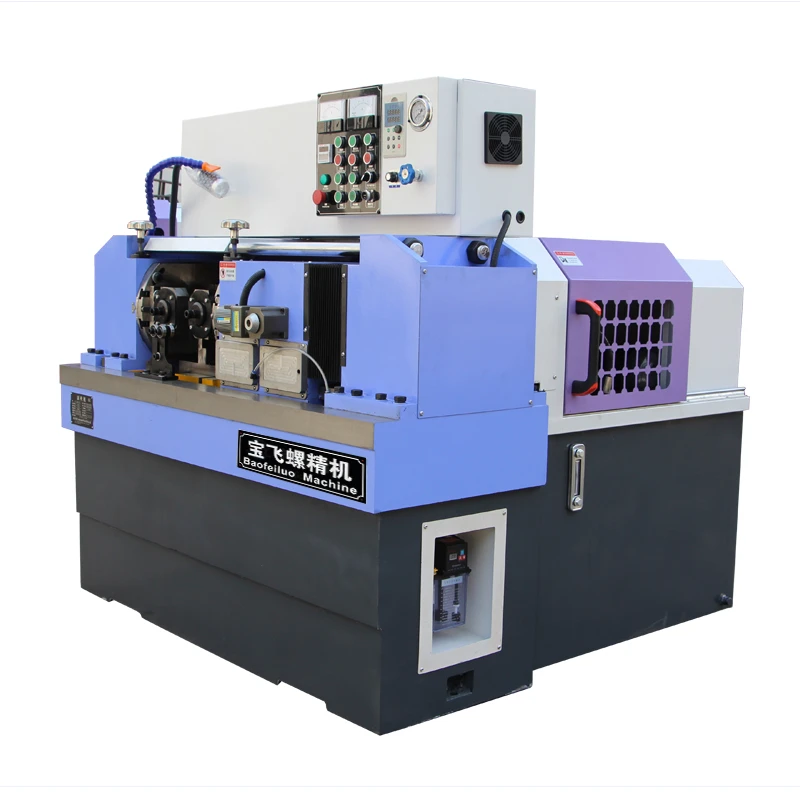
-
 Afrikaans
Afrikaans -
 Albanian
Albanian -
 Amharic
Amharic -
 Arabic
Arabic -
 Armenian
Armenian -
 Azerbaijani
Azerbaijani -
 Basque
Basque -
 Belarusian
Belarusian -
 Bengali
Bengali -
 Bosnian
Bosnian -
 Bulgarian
Bulgarian -
 Catalan
Catalan -
 Cebuano
Cebuano -
 Corsican
Corsican -
 Croatian
Croatian -
 Czech
Czech -
 Danish
Danish -
 Dutch
Dutch -
 English
English -
 Esperanto
Esperanto -
 Estonian
Estonian -
 Finnish
Finnish -
 French
French -
 Frisian
Frisian -
 Galician
Galician -
 Georgian
Georgian -
 German
German -
 Greek
Greek -
 Gujarati
Gujarati -
 Haitian Creole
Haitian Creole -
 hausa
hausa -
 hawaiian
hawaiian -
 Hebrew
Hebrew -
 Hindi
Hindi -
 Miao
Miao -
 Hungarian
Hungarian -
 Icelandic
Icelandic -
 igbo
igbo -
 Indonesian
Indonesian -
 irish
irish -
 Italian
Italian -
 Japanese
Japanese -
 Javanese
Javanese -
 Kannada
Kannada -
 kazakh
kazakh -
 Khmer
Khmer -
 Rwandese
Rwandese -
 Korean
Korean -
 Kurdish
Kurdish -
 Kyrgyz
Kyrgyz -
 Lao
Lao -
 Latin
Latin -
 Latvian
Latvian -
 Lithuanian
Lithuanian -
 Luxembourgish
Luxembourgish -
 Macedonian
Macedonian -
 Malgashi
Malgashi -
 Malay
Malay -
 Malayalam
Malayalam -
 Maltese
Maltese -
 Maori
Maori -
 Marathi
Marathi -
 Mongolian
Mongolian -
 Myanmar
Myanmar -
 Nepali
Nepali -
 Norwegian
Norwegian -
 Norwegian
Norwegian -
 Occitan
Occitan -
 Pashto
Pashto -
 Persian
Persian -
 Polish
Polish -
 Portuguese
Portuguese -
 Punjabi
Punjabi -
 Romanian
Romanian -
 Russian
Russian -
 Samoan
Samoan -
 Scottish Gaelic
Scottish Gaelic -
 Serbian
Serbian -
 Sesotho
Sesotho -
 Shona
Shona -
 Sindhi
Sindhi -
 Sinhala
Sinhala -
 Slovak
Slovak -
 Slovenian
Slovenian -
 Somali
Somali -
 Spanish
Spanish -
 Sundanese
Sundanese -
 Swahili
Swahili -
 Swedish
Swedish -
 Tagalog
Tagalog -
 Tajik
Tajik -
 Tamil
Tamil -
 Tatar
Tatar -
 Telugu
Telugu -
 Thai
Thai -
 Turkish
Turkish -
 Turkmen
Turkmen -
 Ukrainian
Ukrainian -
 Urdu
Urdu -
 Uighur
Uighur -
 Uzbek
Uzbek -
 Vietnamese
Vietnamese -
 Welsh
Welsh -
 Bantu
Bantu -
 Yiddish
Yiddish -
 Yoruba
Yoruba -
 Zulu
Zulu
Understanding Different Types of Thread Rolling for CE Certification Requirements
An Overview of CE Certification Types in Thread Rolling
In the global manufacturing arena, ensuring the safety and reliability of products is paramount. One of the ways to achieve this is through CE certification, especially for components subjected to substantial mechanical stress and strain, such as those produced through thread rolling. This article delves into the various types of CE certification relevant to thread rolling, highlighting their importance and implications for manufacturers and consumers alike.
Understanding CE Certification
CE marking indicates that a product conforms to certain European safety, health, and environmental protection standards. It is essential for products sold within the European Economic Area (EEA). For manufacturers engaged in thread rolling operations, securing CE certification can significantly enhance the credibility of their products and expand their market access.
Key Types of CE Certification Relevant to Thread Rolling
While CE certification encompasses a broad range of product categories, for thread rolling, the following types of certifications are particularly relevant
1. Machinery Directive (2006/42/EC) This directive is particularly important for manufacturers of machines used in thread rolling. It sets forth essential health and safety requirements that machines must meet. Manufacturers must ensure that their equipment does not pose hazards to operators and complies with specific mechanical and electrical safety standards.
2. Pressure Equipment Directive (2014/68/EU) This directive applies to equipment and assemblies subjected to pressure. If the thread-rolled products will be used in applications involving high pressures—such as in hydraulic systems—manufacturers must ensure compliance with this directive. It includes safety features and design requirements aimed at preventing accidents caused by pressure failures.
3. Low Voltage Directive (2014/35/EU) If the thread rolling machinery operates at low voltage, compliance with this directive ensures that electrical equipment used within specified voltage limits is safe to use. It covers design and construction standards, ensuring they do not pose risks of electrical shock or fire.
4. Electromagnetic Compatibility (EMC) Directive (2014/30/EU) This directive is crucial for machinery that may generate electromagnetic interference or be susceptible to it. In the context of thread rolling, manufacturers must ensure that their equipment does not interfere with other electronic devices and can function correctly in various electromagnetic environments.
5. RoHS Directive (2011/65/EU) The Restriction of Hazardous Substances (RoHS) directive is concerned with limiting harmful substances in electrical and electronic equipment. Manufacturers of thread rolling machinery, which may use electronic components, must ensure compliance with this directive to avoid using restricted substances and to promote environmental safety.
ce certification types of thread rolling

The CE Certification Process
Obtaining CE certification involves several steps
- Product Assessment Evaluate whether the product falls under one or more of the relevant directives. This includes a risk assessment to identify potential hazards.
- Technical Documentation Preparation of technical files that demonstrate compliance with the applicable directives. This includes descriptions of the design, manufacturing processes, and test reports.
- Testing and Evaluation Depending on the directive, products may need to be tested against specific standards. This might involve third-party evaluations by notified bodies.
- Declaration of Conformity Upon successful assessment, the manufacturer must issue a Declaration of Conformity, affirming that the product meets all relevant EU requirements.
- Marking The final step is affixing the CE mark on the product, indicating compliance.
The Importance of CE Certification in Thread Rolling
For manufacturers of thread-rolled products, CE certification is not merely a formality; it is a commitment to quality and safety. It enhances customer trust, facilitates market access in Europe, and reduces legal liabilities in case of product failures. Moreover, it establishes a benchmark for manufacturing practices, encouraging continuous improvement and innovation in thread rolling technologies.
In conclusion, CE certification is crucial for ensuring that thread-rolled products meet stringent safety and quality standards. With various directives applicable, manufacturers must navigate the certification landscape carefully. Ultimately, compliance with these standards not only safeguards consumers but also strengthens the competitive position of manufacturers in the global marketplace.
